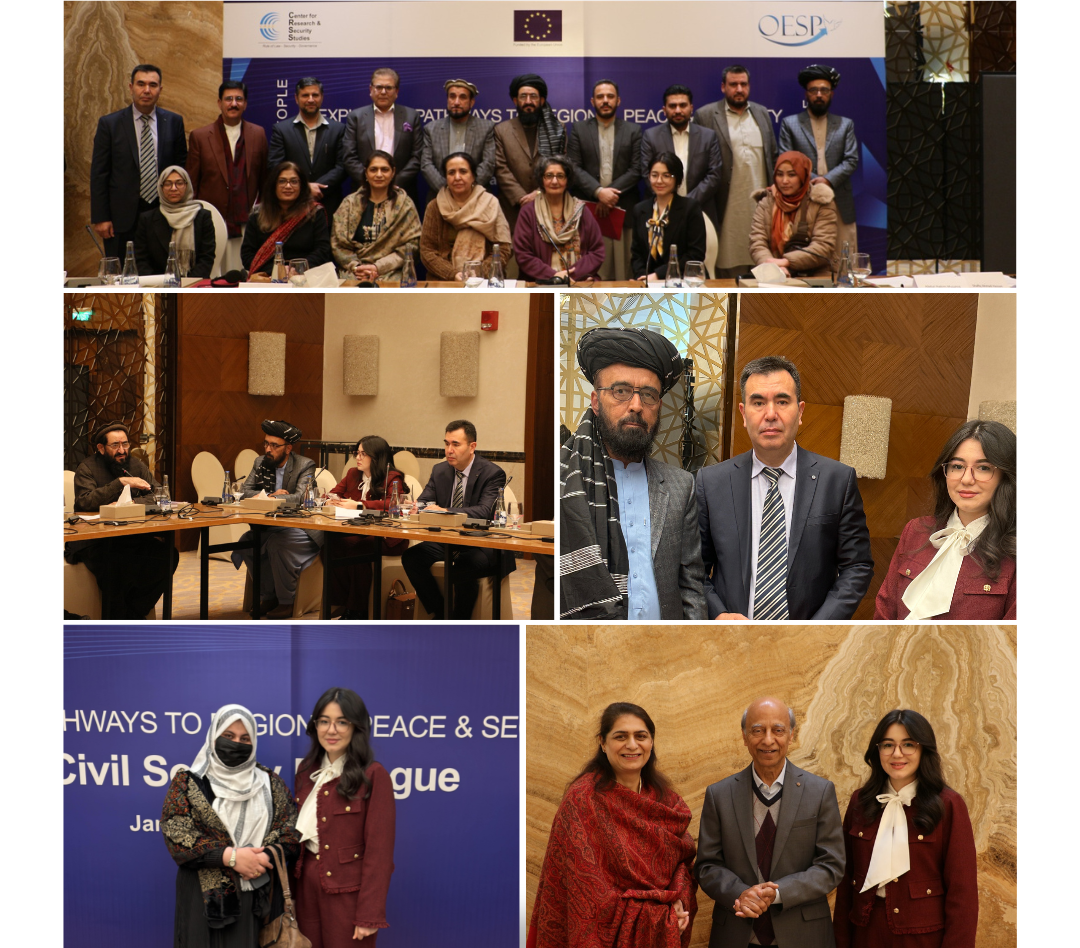
Aziza Mukhammedova, Research Fellow at the Centre for Afghanistan and South Asian Studies at IAIS, demonstrated active engagement during the Third Pakistan-Afghanistan Civil Society Conference held in Islamabad, Pakistan, from 19th to 22nd January 2025. The conference, part of the EU-Afghanistan Inclusive Dialogue Initiative (AIDI-II), convened stakeholders from civil society, academia, and government sectors to foster regional peace, strengthen connections, and address pressing issues facing the region.
Throughout the event, Ms. Mukhammedova contributed to critical discussions, particularly focusing on the rights and empowerment of Afghan women amidst ongoing restrictions. Drawing attention to the disproportionate impact of societal and economic challenges on women, she stressed the need for inclusive mechanisms to ensure their participation in humanitarian efforts, governance, and economic initiatives.
In addition to her contributions during plenary sessions, Ms. Mukhammedova engaged in negotiations with Afghan representatives, including women leaders from civil society. These discussions revolved around creating a framework for amplifying the voices of women and expanding cross-border dialogues. Notably, she proposed hosting the next regional meeting in Tashkent, Uzbekistan, with the inclusion of Central Asian countries to broaden the scope of collaboration and strengthen the people-to-people ties essential for regional stability.
The overarching theme of the conference emphasised uniting civil society organisations to address shared challenges, such as security concerns along the Afghanistan-Pakistan border. Key topics included combating terrorism, enhancing regional connectivity, revitalising Afghanistan’s economy, and fostering sustainable development through initiatives like TAPI and CASA-1000.
Ms. Mukhammedova highlighted the critical role civil society plays in fostering inclusive dialogue. Her vision to expand these discussions underscores Uzbekistan’s commitment to regional integration and peace-building efforts, with Tashkent poised to become a hub for future collaborative endeavours.
The event concluded with a collective resolve to address security, humanitarian, and connectivity issues through strengthened partnerships and shared responsibility, paving the way for enhanced regional stability.